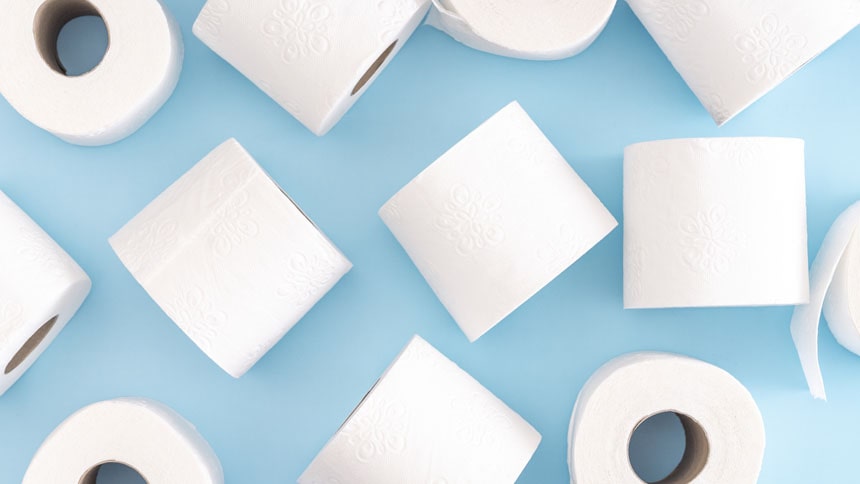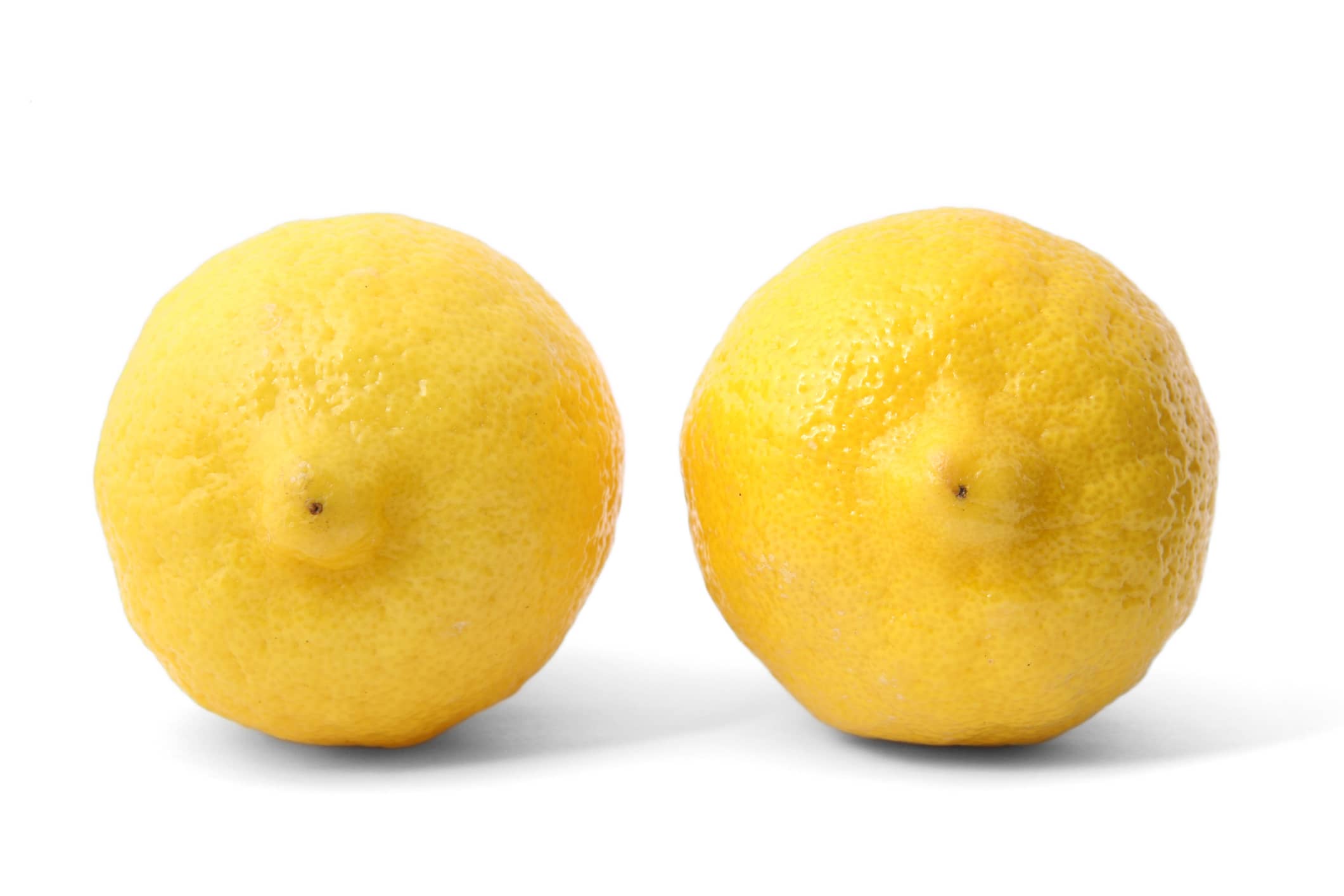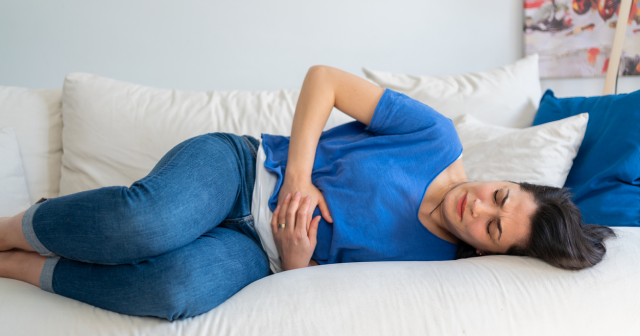So, you’re going through the menopause and you’re wondering if you can still drink alcohol. What effect might it have on your menopause symptoms? What are the risks of drinking alcohol during menopause? Should you cut back on drinking during the menopause? Read on to find out.
How alcohol affects your body during menopause
There are a few ways that alcohol may affect you during menopause and as you get older generally.
You might feel more drunk with less alcohol
Around the time of menopause, and as we get older, our bodies lose muscle and water, and gain fat. As water in your body helps dilute alcohol you drink, and fat retains it, having less water and more fat will make your blood alcohol concentration higher and mean you're more sensitive to the effects of alcohol. With ageing, we also tend to process alcohol more slowly. This means that drinking the same as you did in your younger years may affect you more.
Alcohol can weaken your bones when you are already at risk
Alcohol can reduce bone mass density, meaning it’s a risk factor for fractures. When you go through menopause your bones are already losing density so it's crucial to think about ways to keep them strong.
Too much alcohol at menopause adds health risks
Alcohol can reduce bone mass density, meaning it’s a risk factor for fractures. Drinking too much alcohol can also increase the risk of high blood pressure and depression, 2 conditions that increase in risk during the menopause.
Could drinking alcohol delay menopause?
There's a small link suggesting that drinking low and moderate amounts of alcohol in the years leading up to menopause can actually delay its onset, though more research is needed to determine the precise impact.
Alcohol and hot flushes
The effect of alcohol on hot flushes is the subject of much debate. Some studies have shown that alcohol triggers hot flushes, while others report a decrease in frequency and severity. One study found that moderate consumption of beer could help ease symptoms, but drinking alcohol-free beer returned similar findings. Some women report that alcohol makes hot flushes, as well as other symptoms of menopause such as mood swings and sleep problems, worse. Keeping a note of the impact of alcohol on your own menopause symptoms may help you to work out exactly how it affects you.

Alcohol, menopause and cancer
Alcohol can increase your risk of certain cancers, including breast cancer. There are many other things that contribute to the risk of breast cancer. Some you can influence – such as the amount of alcohol you drink or whether you smoke – while others are more the result of factors like your family history or your age.
Certain types of hormone replacement therapy (HRT) may slightly increase your risk, although others may reduce your risk. Your doctor will be able to discuss your individual cancer risk and the pros and cons of HRT.
Alcohol and HRT
HRT is one of the most common treatments for menopause symptoms. Your oestrogen levels rise when you take HRT and your levels may also increase when you drink alcohol. That means there is a chance that your oestrogen levels may increase too much. Some common signs of too much oestrogen include:
- fluid retention
- breast tenderness
- bloating
- nausea or indigestion (dyspepsia)
- headaches
Your doctor will be able to provide more information about the links between alcohol and HRT.
How much alcohol should you drink at menopause?
There’s no evidence to suggest that you should cut alcohol out altogether during menopause. As with many things in life, control and moderation are the keys.
Alcohol is measured in units. 1 unit equals 10ml of pure alcohol. However, we often measure those units in terms of glasses. The size and type of drink dictates how many units are in each glass. Even then, remember that glass sizes vary, so we can’t always be sure how much we’re drinking.
In the UK, guidelines suggest drinking no more than 14 units a week, spread over 3 or more days. As a broad example, 14 units is around 10 small glasses of wine. In the US, the advice is to have no more than 7 drinks per week and a maximum of 3 per day.
Read more on alcohol units.
How can you cut back on drinking?
If you would like to cut back on your drinking, a good first step is to take a few days off of drinking each week. Give yourself clear goals and keep an eye on your progress in the Healthily app by creating a custom tracker to track your alcohol units.
You could also:
- ask for a glass of water or a soft drink instead of an alcoholic drink
- get into the habit of checking the alcohol content on the sides of bottles or cans
- ask for low-alcohol alternatives where possible
- try and change your habits – go to a movie or for a walk instead of to the pub
When to see a doctor
Your doctor will be able to offer more advice on cutting back your alcohol intake. If you find drinking is becoming a problem, you can also seek help online or in person from local support groups and charities.
Key takeaways
- there is no evidence to suggest you should not drink alcohol in moderation during menopause
- the effect of alcohol on hot flushes and other symptoms of menopause seems to be different from individual to individual - as the evidence isn’t yet clear, notice how it affects you
- alcohol and HRT can both increase oestrogen levels
- alcohol can increase your risk of breast cancer
- see your doctor for advice about cutting back if you find alcohol is becoming a problem for you







